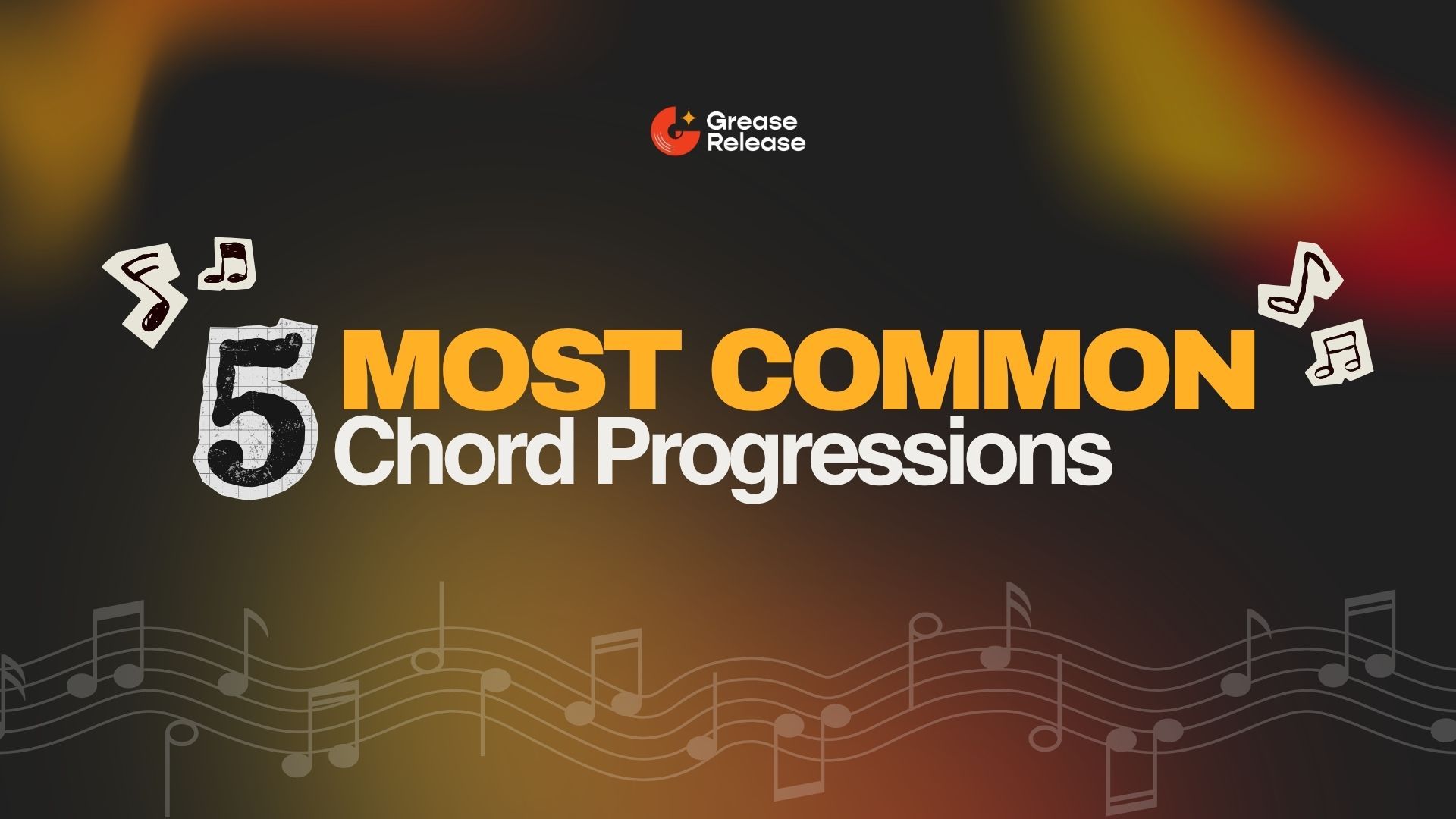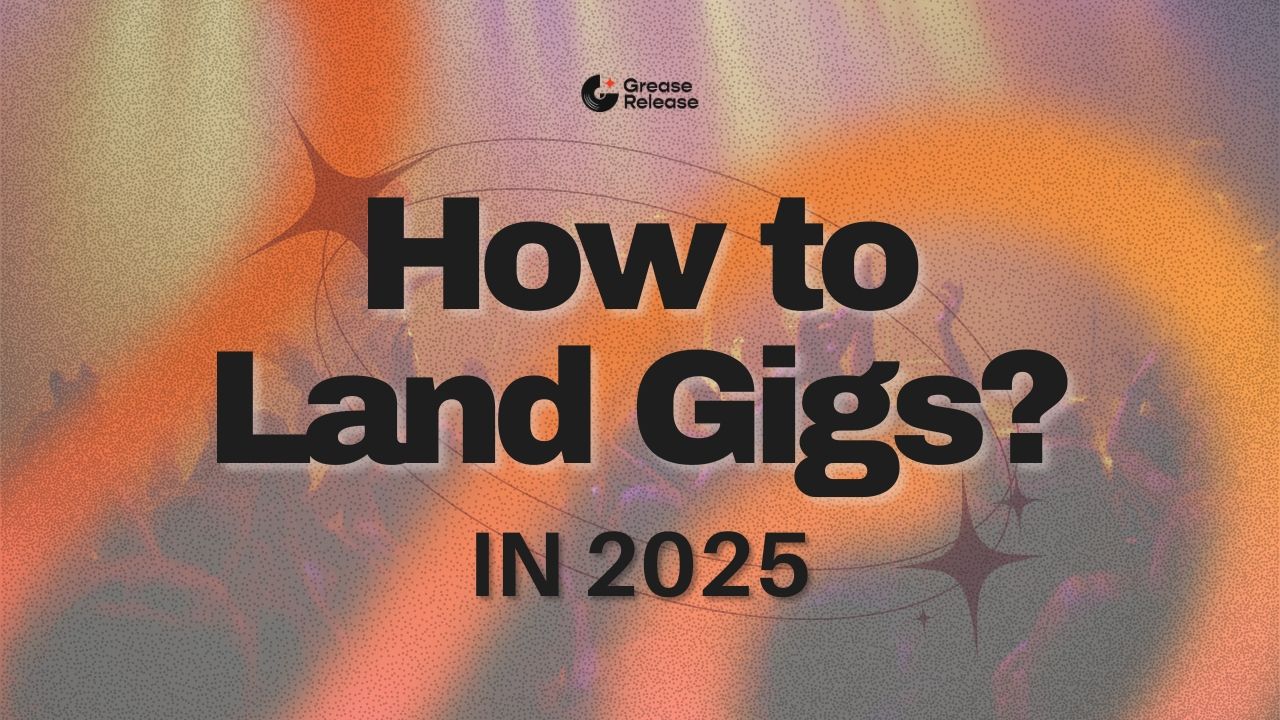
How to deal with AI as a Music Artist?
Aug 23, 2024Is AI A Threat To Musicians?
Artificial intelligence is basically everywhere at this point. WhatsApp has MetaAI to help you do a quick search on any new term mid-chat. Yup, crazy. Spotify uses AI models that suggest new songs, playlists, and podcasts that best suit your taste. Of course, there are AI tools that can now make full-fledged tracks just by following a couple of simple instructions and prompts. No wonder so many artists, from Billie Eilish to Nicki Minaj, believe that AI is a threat to musicians.
In this article, we shall be answering these questions of yours:
Is AI a threat to music?
It is not, but it could be. AI’s impact on music can be positive or detrimental, depending on how it is employed. There are two sides of the coin here. On one, AI may automate jobs such as composition, production, and even lyric writing, which may pose a threat to traditional music creation. So naturally, many working professionals in the industry have come to fear that AI will replace human creativity, resulting in the uniformity of music and perhaps job losses in the business.
For example, OpenAI’s MuseNet can create compositions in the style of well-known composers, raising questions about originality and authenticity. However, it is crucial to emphasize that AI-generated music frequently lacks the emotional depth and sophisticated storytelling that human musicians provide in their work. It's surreal that we’ve reached a point where we have to specify ‘human musicians’ to emphasize the difference. But anyway, moving on…

On the other side, AI can be a tremendous tool for artists, allowing them to experiment with new creative possibilities. AI can assist with processes such as mixing and mastering, which previously required a significant amount of time and technical knowledge. It can also help musicians identify patterns in music data, allowing them to better understand trends and audience preferences.
Pssst…come here: Instead of viewing it as something in a position of power, try to approach AI as any other software you’d use - your DAWs, video editing services, music videos, and so on. At the end of the day, you are making use of a tool and not the other way around. And, you can always choose to not consume music generated by AI and vocalize that opinion to influence others around you as well. AI can be fun if you realize its natural limitations - the lack of human creativity.
How can AI be used in music?
Right from music making to drafting a pre-release strategy for your brand new single, AI can help with any part of your process, to speed things up and make the whole job a little less tedious for an independent artist.
Music Composition
AI programs such as AIVA (Artificial Intelligence Virtual Artist) and Amper Music enable artists to create original songs by specifying mood, style, and tempo. These tools are very beneficial for artists who want to explore fresh sounds or compose soundtracks for films, video games, or other artistic endeavors.
Songwriting/Lyric Writing
AI-powered platforms, such as OpenAI’s GPT-3, can help with lyrics creation by producing lines based on a specific topic or style. While artificial intelligence cannot replace the intimate nature of human songwriting, it can provide inspiration or a starting point for new ideas. With specific enough prompts, you could definitely beat your creative block with AI.
Mixing and Mastering
AI-powered plugins like LANDR and iZotope’s Neutron could help analyze audio tracks and recommend adjustments to EQ, compression, and other areas of production. These tools can help musicians save time and obtain a professional sound without requiring substantial knowledge of technology.

Music Marketing
AI can evaluate social media trends, determine the optimum moment to release music, and even create promotional content to help you market your music better. Amper Music, for example, can assist artists make music targeted for ads, thus increasing their branding efforts.
Pssst…come here: Look up Hootsuite Insights and Socialbakers. They use artificial intelligence to monitor and evaluate social media activity, assisting artists in determining the most efficient times to post content and interact with their audience. Identifying when their following is most active allows artists to plan releases and promotions to maximize reach and engagement.
Music Education
This means learning music theory or an instrument, as well as ear training and learning new songs. Chordify, an AI-enabled music learning tool, can extract chords from any audio source and present them on screen in seconds. In addition to Chordify, additional systems such as Yousician and Melodics use AI to deliver real-time feedback on your playing, allowing you to enhance your technique and accuracy. Try to include such tools in your practice routine so that it doesn’t feel completely odd having a bunch of algorithms tell you what you need to improve!
How can you protect your music from AI and deepfakes?
As AI technology progresses, there are growing concerns regarding intellectual property and the exploitation of AI-generated content, such as deepfakes. Deepfake technology can generate realistic imitations of artists’ voices or styles that can be utilized without their permission.

This has become extremely prevalent in the K-pop industry with fans using deepfake tech to release AI covers of different K-pop idols singing other songs. With the music industry becoming more and more streaming-based, it gets a little difficult to stop the uploading of so many such deepfake tech and AI covers of songs online. But here’s what you can do to ensure that your music is protected regardless:
Copyright Your Music
This may sound obvious, but seriously, get your music copyrighted - ensure that you have ownership of your music. Ensure that your music, including lyrics, compositions, and recordings, is correctly copyrighted. This legal protection allows you to take action if someone uses AI to copy or modify your work without authorization from you.
Watermarking
Adding digital watermarks to your audio files allows you to track where your music is being utilized online. If somebody uses AI to manipulate your music, you can track down the original version and show ownership.
AI Rules & Regulations
Governments and industry organizations are starting to address the issues raised by AI, particularly deepfakes. Stay up to date on new legislation and rules governing artists’ rights, and lobby for stronger protections where necessary.
Can you sell music created by AI?
Yes, you can sell music made by AI, but it is subject to the licensing agreements and terms of use linked with the AI tool you are using. Many AI music generators allow users to market their work, either by acquiring a license or complying with certain usage guidelines. For example, Amper Music provides many license choices based on whether you intend to use the music for personal or business use. But would you sell AI music even if it generates revenue in the market?
Is AI music ethical?
The ethics of AI music are complicated and varied. On the one hand, AI can democratize music composition by making it available to people who do not have traditional musical expertise. It enables musicians to experiment and push the limits of what is possible in music. But there is that question of creativity and authenticity.
If AI creates music, who can truly claim ownership? Does the music belong to the AI programmer, the artist who gave the input, or the AI itself? This complicates the definition of artistic authorship.
Additionally, AI music generators can mimic diverse styles and genres without knowing the context or importance. This can result in cultural appropriation, in which the richness of specific musical traditions is reduced to a collection of algorithms. Sounds very mechanical, and not real, yeah?
Will there be a market for human-created music if AI can produce it rapidly and cheaply? This raises concerns about the future of the music industry and the livelihoods of musicians. Despite these problems, many people argue that AI music may live with human-created music, as long as ethical concerns are addressed. We advise you to remain attentive and actively participate in conversations about AI to guarantee that their rights and creativity are protected.
Musicians have a chance in this new era to understand how to properly use AI, preserve their work, and remain up to date on ethical issues. Rather than viewing AI as a threat, you can embrace it as a tool that complements your creativity and improves your capacity to reach global audiences.
We at GreaseRelease, have a bunch of curators on our network who are looking for new & exciting music to push on their massive playlists. If you make music and want to reach a wider audience, check out our submission platform and get a chance to reach millions of listeners! Submit your tracks now!
Studies show that 80% of musicians constantly feel overwhelmed and we want to take that load off by helping you stay organized that's why, my team and I created the ProdPro 2.0 The ProdPro 2.0 is the ultimate organization tool built by and for musicians. Click here to learn more.
Don't miss my newsletter!
Join me on a music entrepreneurship journey with new tips and tricks delivered straight to your inbox.
We hate SPAM. We will never sell your information, for any reason.




